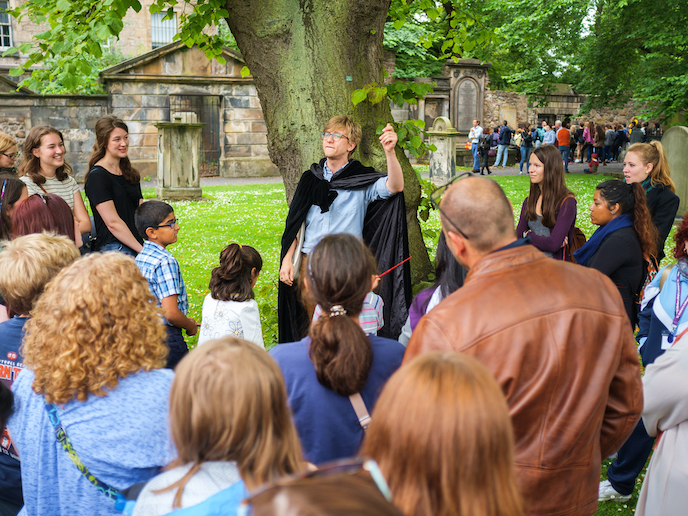Comparing film tourism characteristics across six countries
Tourism is estimated to account for about 10 % of all jobs worldwide, with many regional economies depending on it. Film tourism, where people visit the locations of films and television series, is a growing trend. “While specific figures are scarce, one indicator is the growth in tour operators catering for this niche market, alongside national surveys such as that conducted in the United Kingdom,” says EU-funded Film Tourism project coordinator Stijn Reijnders. The impact can be both positive and negative. While Lord of the Rings helped build the New Zealand brand of mythical islands, for some the Narcos series cultivates the image of Colombia as dangerous. Other negative impacts include inflated house prices, alongside over-tourism leading to congestion and degraded heritage sites. The project tracked how film tourism has become a truly global phenomenon. “Throughout the world we see the convergence of the popular culture and tourism industries intensifying. This influences how locations are represented in the global imagination,” explains Reijnders from Erasmus University, the project host. The team’s comparative research also revealed the significant differences in how film tourism develops, depending on social, cultural and economic context.
From close-up to wide shot
Film Tourism, supported by the European Research Council, set out to explore how the film tourism industry works in practice and impacts the daily lives of citizens. “Previously, the focus had been almost exclusively on single Western case studies. We were amongst the first to conduct comparative research beyond the West,” adds Reijnders. The project’s five international researchers focused on Brazil, India, Jamaica, Scotland and South Korea. The team conducted in-depth interviews with tourists and stakeholders – such as local residents, policy officers and heritage site managers – combined with some participant observation, for example on film tours. One of the criteria for country selection was the size of its diaspora communities. “The rise of roots tourism, where people travel back to their ancestral homeland to visit film-inspired locations, had been largely unexplored,” says Reijnders. In one case study, the project looked at how Hindustani communities living in the Netherlands consumed Bollywood movies partly as a way of staying connected to their heritage, Bollywood being a dominant cultural source for defining relationships with India. These films stir a desire for Indian travel, seldom in search of ‘home’ but to visit Bollywood sites. Film Tourism also highlighted significant differences between countries. The original plan to study the ‘Nollywood’ phenomenon in Nigeria had to be postponed, due to travel restrictions caused by the Ebola outbreak and the activities of Boko Haram. “Audiences do not have equal travel opportunities to visit film spots, reminding us about relations of power and the privilege inherent in tourism,” observes Reijnders.
Privilege reinforced at a local level
While studying film tours of Edinburgh, Rosa Schiavone notes: “What is glossed over is that the contemporary demographics of Edinburgh comprise many people whose histories fail to be represented by the content of the tours. These would include local communities such as the people of Leith, along with minorities, people of colour and the economically deprived.” As well as writing several published papers and a book, the team organised workshops and an online conference, that brought together scholars and professionals from the film and tourism industries. Under the forthcoming EU-supported project, Setting the Scene, the researchers are now concentrating on developing policies to enable more sustainable film tourism.
Keywords
Film Tourism, film, tourism, heritage, culture, imagination, Bollywood, diaspora







